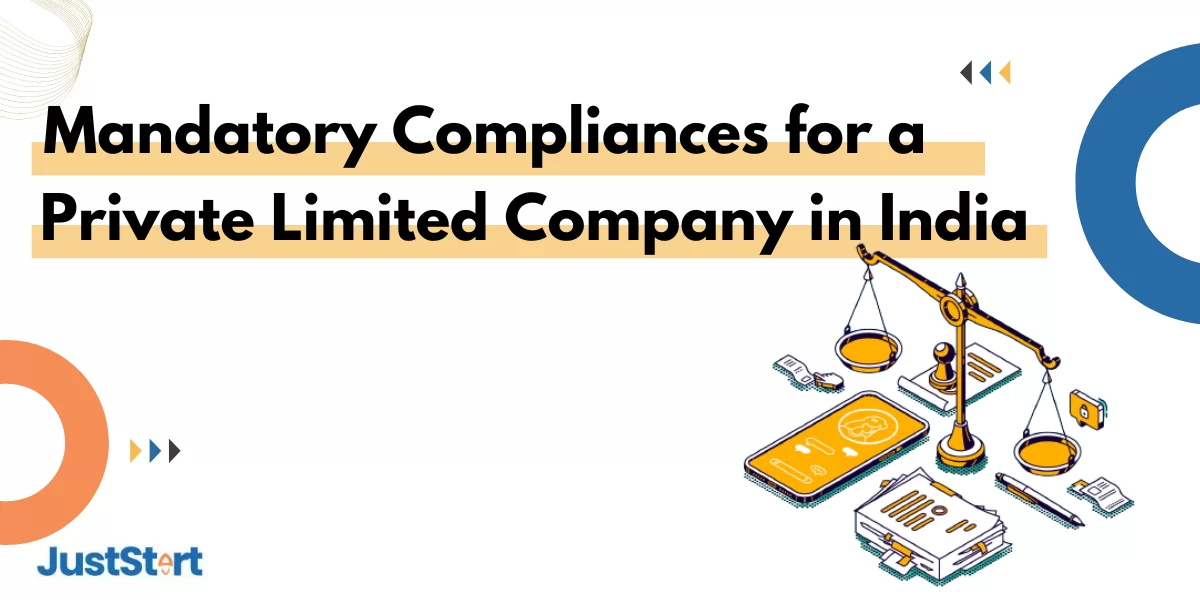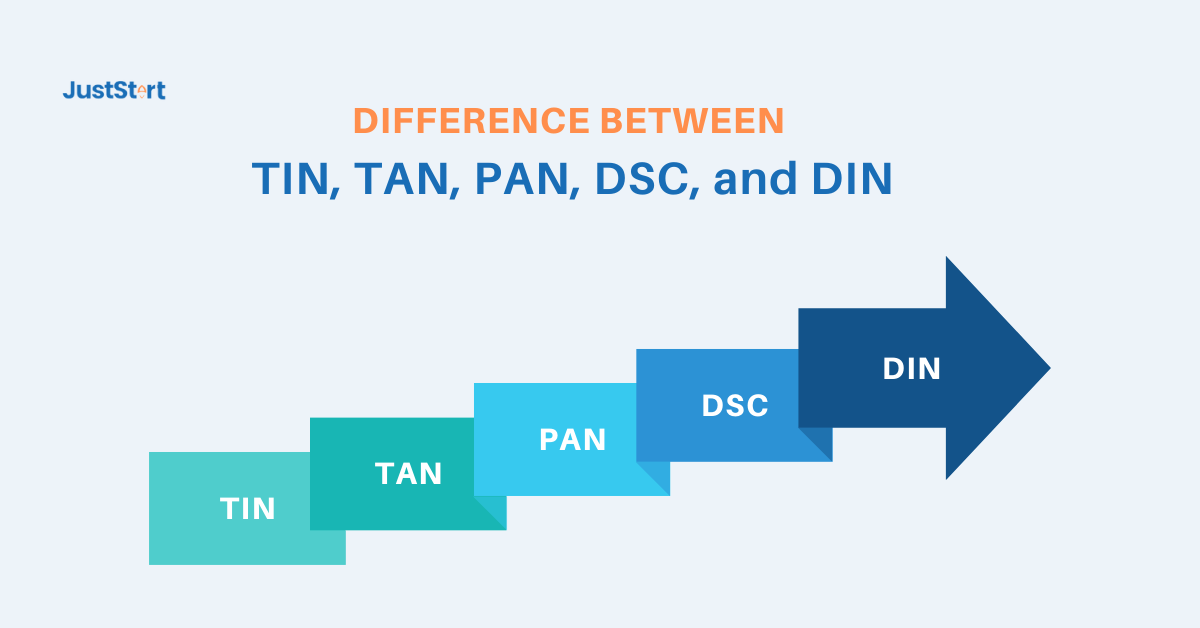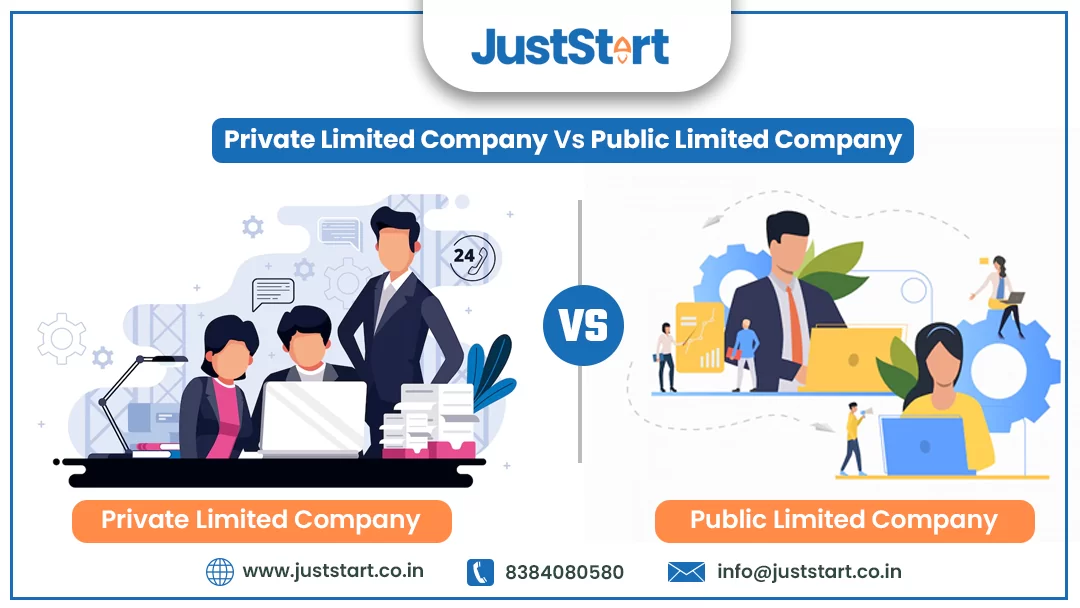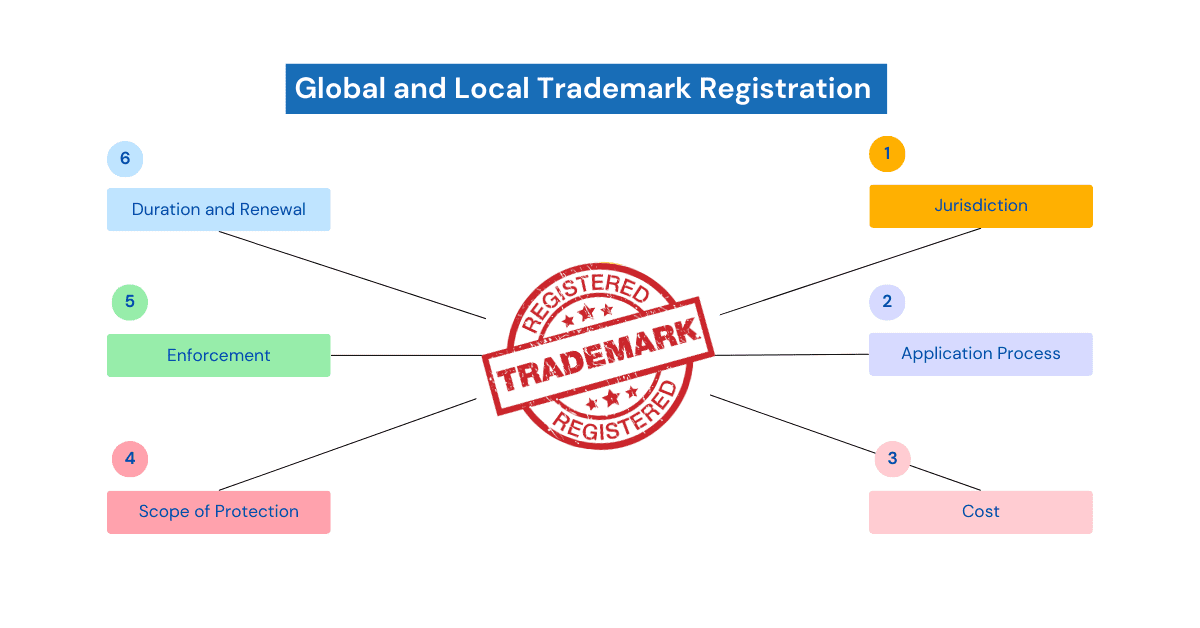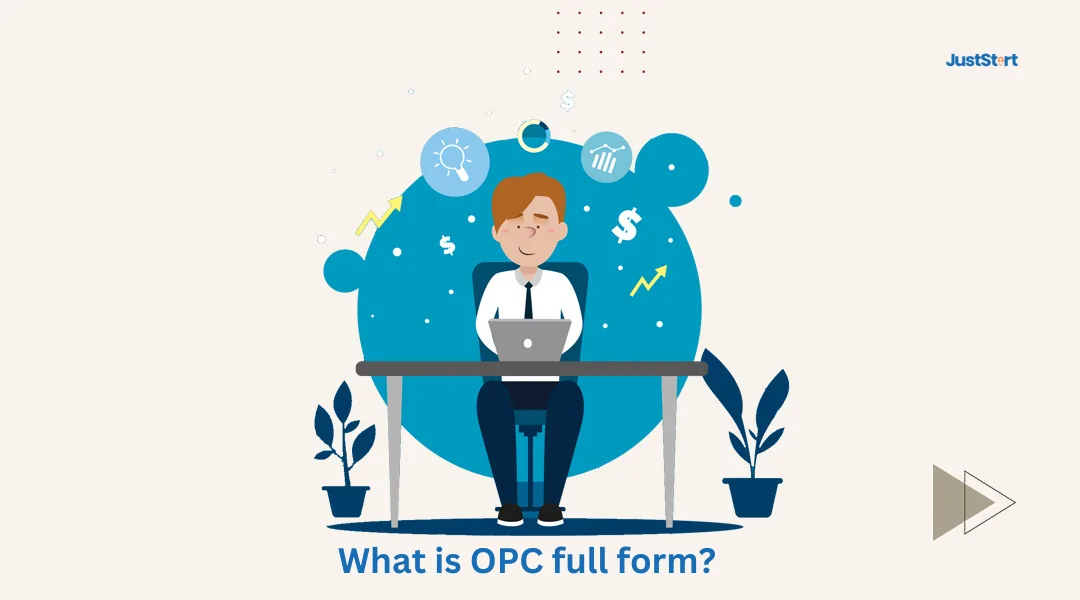
Wondering what is the full form and purpose of LLP? Registering an LLP in India is a wise strategic choice for numerous organizations looking for flexibility and limited liability protection. Entrepreneurs and enterprises contemplating this structure must understand the nuances of LLP. Let’s dive deeper into this topic!
What is LLP Full Form and Meaning
A Limited Liability Partnership is the full form of LLP. It is becoming a common business form used by Indian entrepreneurs. It offers the versatility of a partnership with the limited liability protection of a company, combining the advantages of a partnership firm and a Private Limited Company. The Limited Liability Partnership Act of 2008 brought the idea of a limited liability partnership to India.
The Limited Liability Partnership Act’s requirements and those outlined in the LLP agreement must be strictly adhered to by the partners in the LLP. Let’s examine the features of LLP now that you are aware of its definition and significance.
Who can be a partner in an LLP?
LLP company supports distinct income structures, protects against personal liability, and allows a range of professionals:
Indian Citizens, Indian Residents, and Indian Entities: Any Indian citizen, resident, and entity can become one of the minimum two designated partners in an LLP.
Foreign Nationals, NRIs, and Foreign Companies: Foreign nationals, NRIs, and Foreign companies through their authorized representatives can become designated partners in LLP on submission of complete documents as prescribed under the LLP Act 2008.
Designated Partners: Two partners are required for filings, one of whom must be an Indian citizen possessing a DIN and a Digital Signature Certificate (DSC).
What benefits does an LLP offer?
The following is a list of benefits of an LLP in India:
Minimum Capital is not needed: An LLP does not need to have a minimum capital requirement. The least amount of cash required to form an LLP is easily achievable. Additionally, the partner’s Contribution could be made up of actual or intangible assets and moveable or immovable property.
Owners of Unlimited Businesses: A limited partnership can have as few as two owners, but there is no upper limit to the number of owners. This indicates that the maximum number of partners is unlimited. A private limited company, on the other hand, is limited to 200 partners.
Lower Registration Fee: Compared to creating a private limited company, the registration cost for an LLP is significantly lower.
It’s not necessary to do a mandatory audit: All private or public Limited must have their books audited regardless of share capital. However, LLPs are not required to. The government does yet to need LLPs to conduct a mandatory audit. LLPs are expected to benefit greatly from this in terms of compliance. It need only have an audit of its books if its yearly turnover exceeds Rs. 40 lakhs and if its contributions exceed Rs. 25 lakhs.
Taxes on LLPs: While the partners’ shares in an LLP are not subject to tax, the LLP is required to pay income tax. As a result, there is no dividend distribution tax due. Limited Liability Partnerships, or LLPs, are exempt from the income tax law’s “Deemed Dividend” clause.
DDT’s inapplicability: If the owners of a private limited company attempt to withdraw profits from the business, they will be subject to an additional tax liability in the form of DDT at a rate of 15%. However, an LLP does not have to pay this extra tax duty, and any partner can easily take the LLP’s profits.
The characteristics of a Limited Liability Partnership
Here are a few of LLP’s salient characteristics:
Different Legal Entity: LLP exists independently and is not a part of its partners. It can make agreements, own property, and be bound by laws.
Limited Liability: LLP partners are shielded from the debts and liabilities of the company by their limited liability. This offers a vital financial safety net.
Flexibility in Management: The management of LLPs is flexible. A customized written agreement among the participants determines business operations and profit-sharing details.
You can decide whether an LLP in India is the right structure for your company by being aware of the full form, its benefits, and how it differs from ordinary partnerships. Just Start can help you with your LLP registration process and can provide you with the requisite support and consultancy for the same!












